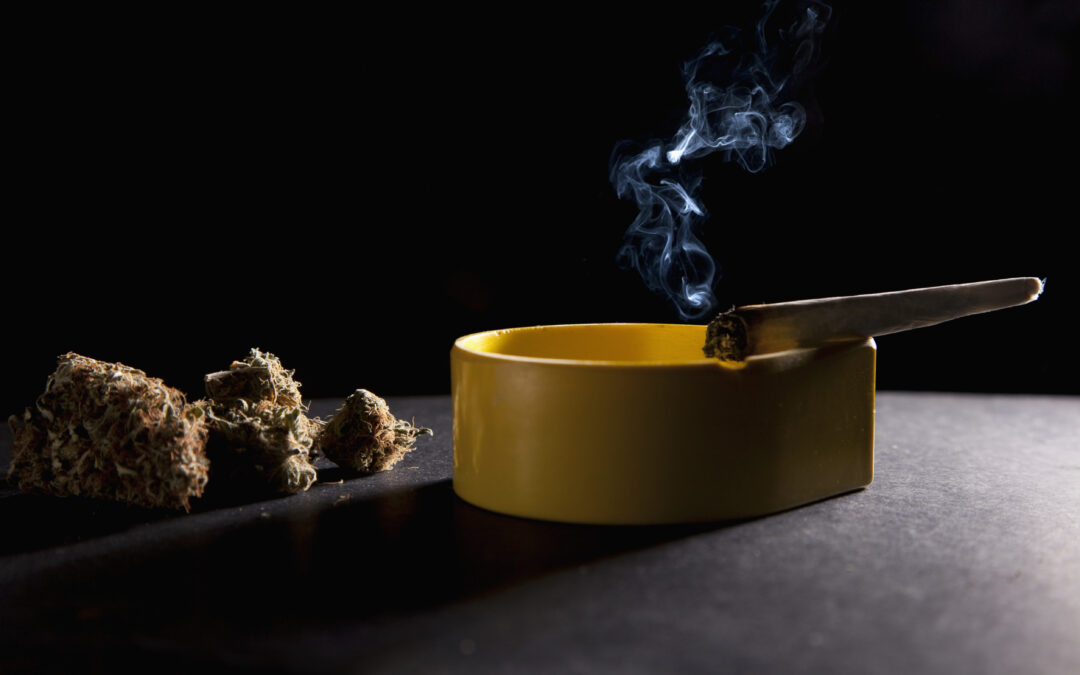By Dan Bartkowiak, Chief Strategy Officer, Pennsylvania Family Council
Last week, while most Pennsylvanians were focused on daily life, the marijuana industry’s lobbyists were hard at work in Harrisburg. The “Big Weed” machine — national and state lobbying groups representing so-called “medical” marijuana companies — made an aggressive push for Senate Bill 49, a bill that would quietly hand sweeping authority over marijuana regulation in Pennsylvania to a new, unelected seven-member board.
On Tuesday, the Senate Law and Justice Committee passed SB 49 without any discussion. No debate. No questions. No transparency.
Why the rush? Because the lobbyists behind “Big Weed” know what’s at stake — and what they stand to gain. They’ve admitted this bill is a stepping stone toward full-scale recreational legalization of marijuana in Pennsylvania. SB 49 may very well be the Trojan horse for turning our Commonwealth into the next state to open the door for pot shops on every corner.
What Senate Bill 49 Does
SB 49 is legislation lifted directly from the larger Senate Bill 120 — the bill that would force Pennsylvania communities to allow retail marijuana sales for recreational use. The new bill carves out one piece of that broader proposal but keeps its core agenda intact: consolidating control of marijuana regulation under a politically-appointed board.
And that’s just the beginning of the concerns.
❌ Taxpayer-Funded Subsidies for Marijuana Use
SB 49 would create a state fund to directly subsidize the cost of marijuana products, effectively using taxpayer dollars to expand access to high-potency THC — the psychoactive ingredient in marijuana that has been linked to increased psychosis, impaired driving, and addiction. In plain terms, this means state funds could help lower the price of getting high. Pennsylvania should not be in the business of promoting marijuana use.
❌ ‘Fox Guarding the Henhouse’
A majority of this new board’s seven members would be appointed by pro-recreational-use politicians, including Gov. Josh Shapiro. While there are legitimate concerns about how the current Department of Health has overseen the so-called “medical marijuana” program, this plan replaces one set of problems with another — giving unchecked regulatory power to a board that isn’t required to include a single expert in public health or addiction.
❌ Unchecked Power with Serious Public Health Risks
SB 49 grants “general and sole regulatory authority” to this unelected board. That means decisions about who can sell marijuana, what products are allowed, and how potent those products can be would be made by political appointees — not accountable to voters, and heavily influenced by industry insiders. The risk of corporate capture — where the industry regulates itself — is enormous.
Who’s Really Behind It
This push isn’t coming from grassroots patients or small-business advocates. It’s being driven by multi-state marijuana corporations and their well-funded lobbying groups. These are the same entities that have profited massively in other states once so-called “medical” programs were used as springboards for full legalization.
They call it “medical.” But the goal is clear: recreational retail marijuana sales. Addiction for profit.
These companies see Pennsylvania as an untapped market with potential for millions of dollars in future profits. And they are willing to reshape state law to make it happen.
What Pennsylvania Needs Instead
I would argue that we need to find better solutions than SB 49 to address the real problems within Pennsylvania’s current marijuana landscape. There are legitimate concerns about how the medical system is being managed, about product safety, and about misuse. But the answer is not to give the marijuana industry more influence.
Our state should not be subsidizing marijuana use or paving the way for recreational sales. We need oversight that prioritizes public health and safety, not promised profits.
The Bottom Line
Senate Bill 49 represents the growing influence of Big Weed in Pennsylvania politics. This is an influence that threatens to erode common-sense safeguards, expand access to high-potency THC, and normalize addiction for corporate gain.
Lawmakers should reject this Trojan horse and instead pursue reforms that truly protect Pennsylvania families, uphold accountability, and keep our communities safe.
See also:





Marijuana is a dangerous and addictive drug that will take, an already over medicated and a dependent society down a dark and dangerous path. This is maddening. As legislators your job is to protect the wellbeing of people, especially our young and vulnerable citizens. I vehemently.appose HB 49!
We don’t need anybody else driving high on drugs. And it can lead to using other stronger drugs. Medical marijuana being legal is enough.
Pennsylvania pays enough in taxes! We are the state with the HIGHEST gas tax!!! You already want to use tax dollars to fund the death culture of abortion! Now you want to pass Bill 49 that takes us a step closer to legalizing Marijuana!!! Having a Medical Card for marijuana in this state is a Joke! Anyone can get a card!! We already pay for methadone treatment for addicts that are on harder drugs. That’s NOT working! Those people are enslaved to the methadone clinic! Some of them have been going there for 20 years!!! And they are driving on our roads! Marijuana is just a gateway to those harder drugs! Pennsylvania DESERVES BETTER!! JUST SAY NO TO DRUGS!